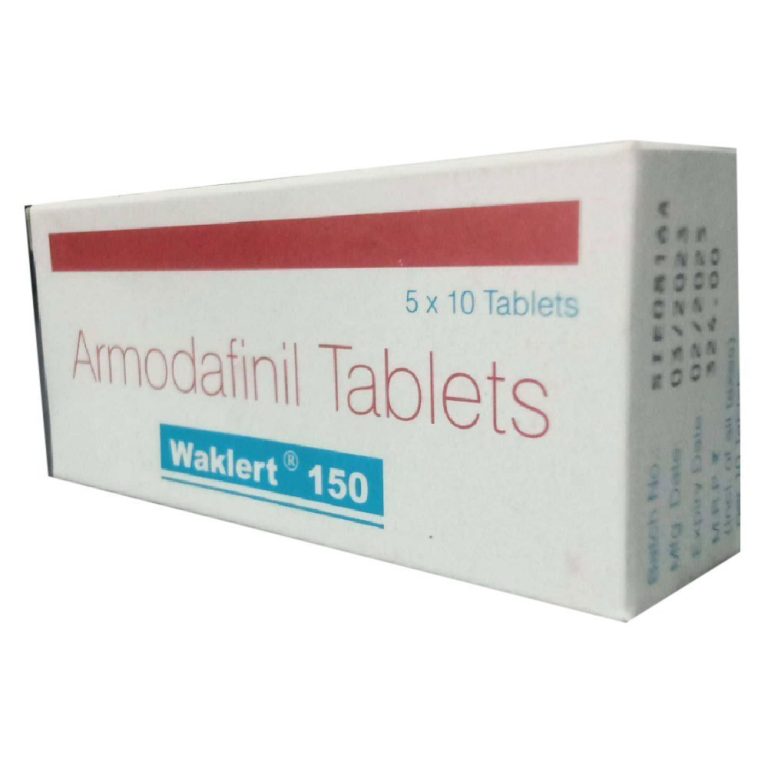Buy Armodafinil vs. Modafinil: Which Drug Is Right for You?
Do you feel exhausted and struggle to stay awake during the day? Are you looking for a solution to improve your focus and concentration? If so, you may have heard of two popular medications: Armodafinil and Modafinil. These medications are often prescribed to treat sleep disorders such as narcolepsy, sleep apnea, and shift work sleep disorder. However, they are also used off-label as cognitive enhancers or “smart drugs” by students, professionals, and entrepreneurs looking to increase their productivity and performance. While both medications are similar in many ways, there are some key differences that may make one better suited to your needs than the other. In this article, we’ll compare Armodafinil vs. Modafinil and help you decide which medication is best for you. Let’s take a look at the pros and cons of each.
Introduction to Armodafinil and Modafinil
Armodafinil and Modafinil are both medications prescribed to treat sleep disorders. Both work by stimulating the brain, making the user feel more awake and alert. You can buy Armodafinil online at Slaappillen.net. These are often prescribed to people with narcolepsy, sleep apnea, and shift work sleep disorder. In this way, the medication can help restore the normal sleep-wake rhythm and enable the user to remain active during the day.
Armodafinil is a longer-lasting, higher-potency version of modafinil. It’s often prescribed for people experiencing extreme fatigue and sleep disturbances. Modafinil is primarily prescribed for people with sleep disorders and is also used as a cognitive enhancer . In recent years, a growing number of people have used modafinil and armodafinil as “smart drugs,” and they are increasingly being prescribed as performance-enhancing drugs.
The main differences between Armodafinil and Modafinil
While Armodafinil and Modafinil are similar in many ways, there are some key differences between the two medications. The most significant difference is that Armodafinil works longer than Modafinil and in higher concentrations. This means Armodafinil is better suited for people who experience extreme fatigue and sleep disturbances. Modafinil is better suited for people who experience occasional fatigue and want to use it as a cognitive enhancer.
Another difference between Armodafinil and Modafinil is that Armodafinil consists primarily of the active S-enantiomer of Modafinil, while Modafinil consists of a mixture of S-enantiomers and R-enantiomers. This means that Armodafinil has fewer side effects than Modafinil and is better tolerated by most people.
Benefits of Armodafinil and Modafinil
Both medications offer similar benefits and are often used to combat fatigue and improve focus and concentration. Armodafinil and Modafinil work by stimulating the brain, making the user feel more awake and alert. This can help improve performance at work, in studies, or during sports activities.
Another advantage of Armodafinil and Modafinil is that they have few to no side effects. Most side effects are mild and disappear on their own over time. Some of the most common side effects include headaches, nausea, dizziness, and insomnia.
Possible side effects of Armodafinil and Modafinil
As with any medication, armodafinil and modafinil can have side effects. Most side effects are mild and disappear on their own over time. Some of the most common side effects include headache, nausea, dizziness, and insomnia.
However, there are some serious side effects that can occur when using Armodafinil or Modafinil. These side effects are rare and usually occur at higher doses or with long-term use. Some serious side effects include rash, fever, jaundice, swelling of the face, lips, tongue, or throat, and difficulty breathing.
Regulations
Both Armodafinil and Modafinil are prescription medications. It’s important to use these medications only as prescribed and not to share them with others. The dosage and duration of use of Armodafinil and Modafinil can vary depending on the condition being treated and the individual patient’s response to the medication.



